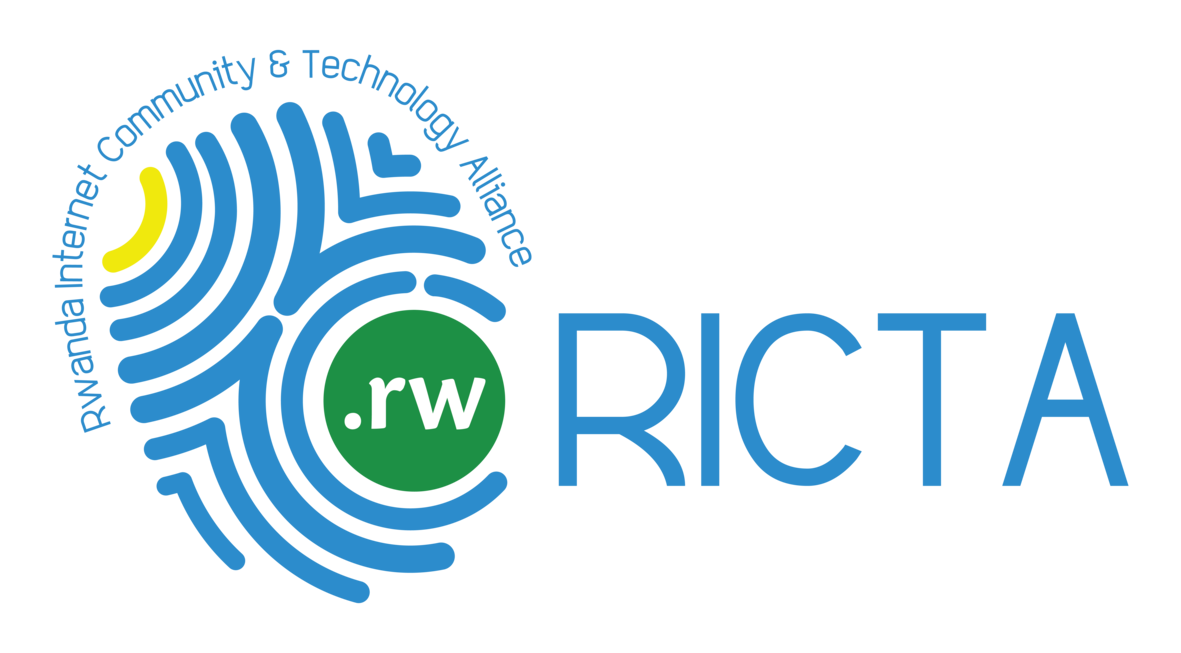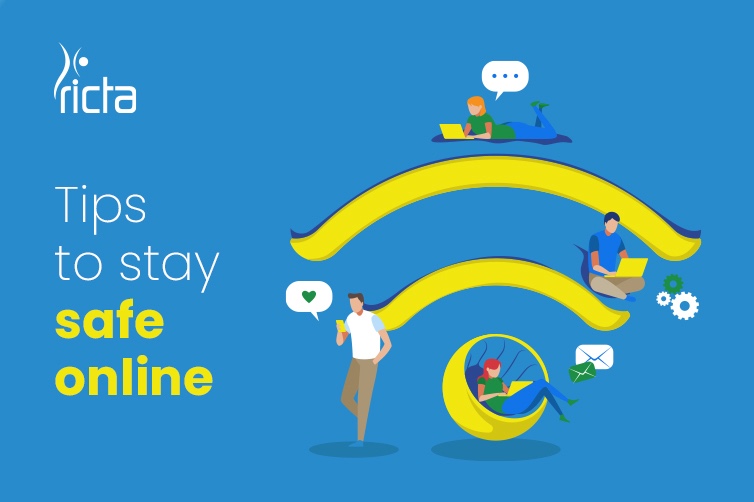In our digital world, where we chat, shop, and connect online, keeping our information safe is crucial. But did you know that something as simple as your password can make a big difference in keeping your accounts secure?
Let’s talk about why having a strong password matters and how it can help protect you while you’re surfing the web.
First things first, what is a password? Think of it as a secret code that you create to unlock your online accounts, like your email, social media, or banking accounts. Just like you wouldn’t want anyone else to know the code to your phone, you don’t want unauthorised people accessing your online accounts.
Common Password Mistakes
Some of the most commonly used passwords are based on family names, hobbies, or just a simple pattern. While these types of passwords are easy to remember, they’re also some of the least secure.
Now, Here’s Why Having a Strong Password is Important:
At this point, you may be wondering, why do I even need a strong password anyway? The truth is that even though most websites are secure, there’s always a small chance someone may try to access or steal your information. This is commonly known as hacking. A strong password is one of the best ways to defend your accounts and private information from hackers.
So, what makes a password strong? Well, it’s all about making it hard for others to guess. Here are some tips:
- Mix it Up: Use a combination of letters (both uppercase and lowercase), numbers, and symbols in your password. This makes it much harder for hackers to guess.
- Make it Long: The longer your password, the stronger it is. Aim for at least 12 characters or more.
- Keep it Unique: Don’t use the same password for all your accounts. If one account gets hacked, all your other accounts could be at risk too. Create different passwords for each account.
- Avoid Common Words: Don’t use easily guessable information like your name, birthdate, or common words as your password. Get creative and come up with something unique.
- Avoid using words that can be found in the dictionary. For example, swimming1 would be a weak password.
- Random passwords are the strongest. If you’re having trouble creating one, you can use password managers instead of writing your passwords on paper where someone might find them, you can use a password manager to store them securely online. Password managers can remember and enter your password on different websites, which means you won’t have to remember longer passwords. Examples of password managers include LastPass, keepass, 1Password, Google Chrome’s password manager etc…
- Lastly, remember to keep your password to yourself. Don’t share it with anyone, not even your best friend!
By following these simple tips and understanding the importance of using a strong password, you can take control of your online security and keep your personal information safe from harm. So, the next time you’re creating a password, Remember to use these tips to keep your online information safe and secure.

